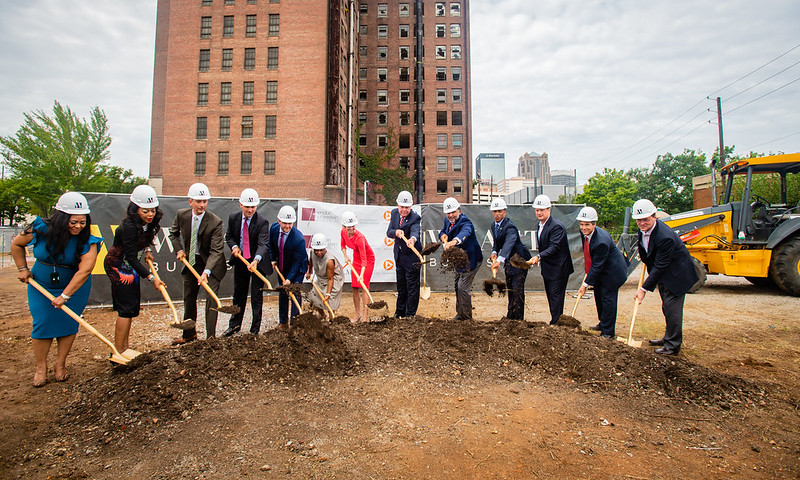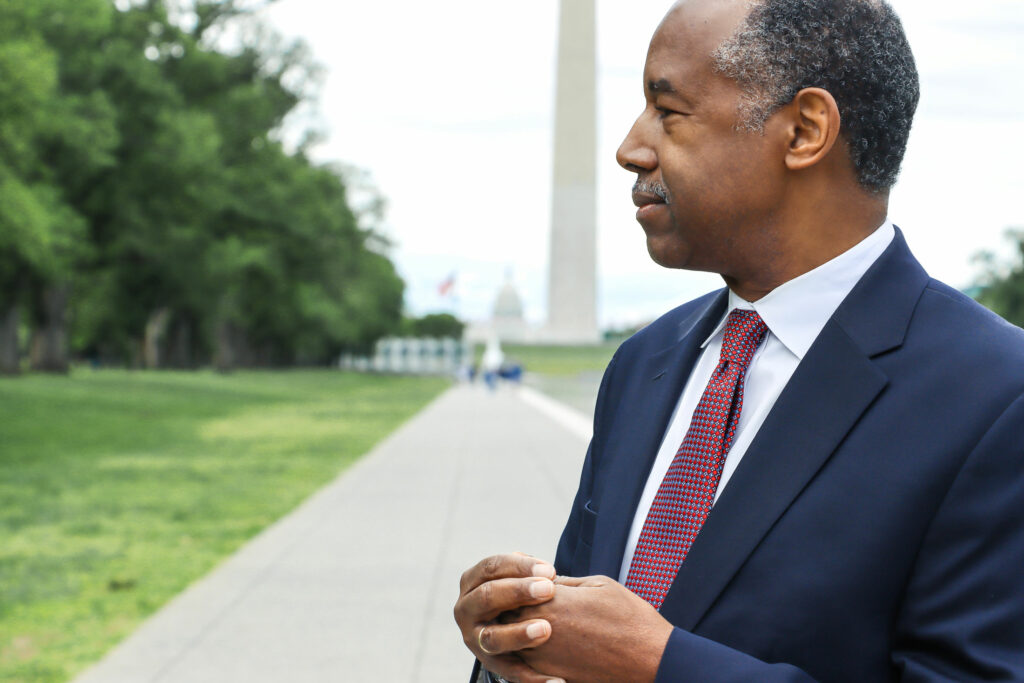 Among the most successful economic initiatives from the Trump administration was the Opportunity Zone program. Passed as part of the Tax Cuts and Jobs Act of 2017, Opportunity Zones are low-income census-designated tracts which could now offer powerful tax incentives for private investment. These nearly 8,800 Opportunity Zones allowed investors to defer capital gains taxes—and if they left their investment in place for long enough, those taxes could go all the way down to zero.
Among the most successful economic initiatives from the Trump administration was the Opportunity Zone program. Passed as part of the Tax Cuts and Jobs Act of 2017, Opportunity Zones are low-income census-designated tracts which could now offer powerful tax incentives for private investment. These nearly 8,800 Opportunity Zones allowed investors to defer capital gains taxes—and if they left their investment in place for long enough, those taxes could go all the way down to zero. The idea behind Opportunity Zones was simple: the federal bureaucracy in Washington, DC, should step back out of the way and offer free market incentives to uplift these forgotten communities. By incentivizing private investment, Opportunity Zones spurred economic development through businesses, housing, infrastructure, and more. This new strategy of developing businesses in America’s struggling communities—rather than handing out welfare checks—was in line with the old adage: give a man a fish, and you feed him for a day; teach a man to fish, and you feed him for a lifetime. As HUD Secretary Ben Carson used to always say, the Trump administration’s goal was to give people a “hand up,” not a “handout.”
The data shows that the theory behind Opportunity Zones works in practice, too. According to a 2021 report by the White House Council of Economic Advisors, Opportunity Zones attracted an estimated $75 billion of private capital investments by the end of 2019 alone, which could “lift 1 million people out of poverty and into self-sufficiency, decreasing poverty in OZs by 11 percent.”
For whatever reason, the Biden administration has refused to continue the success of the Opportunity Zones program. For instance, the “opportunityzones.hud.gov” website has gone untouched since President Biden took office, and the latest entry under the “news” tab is three years old, dated to September of 2020.
Instead, Biden’s HUD has focused on rolling back the successes made by President Trump and Secretary Carson at HUD, including reinstating the burdensome AFFH regulation and disparate impact rules. The Biden administration has also injected a spirit of racial divisiveness into HUD, starting interagency task forces like PAVE, which aim at finding hidden racial prejudice in home valuations.
Rather than bringing a woke agenda and racially charged rhetoric to the Department, the Biden administration and current Secretary Marcia Fudge should focus on doing what works: expand and promote opportunity zones, pull back federal bureaucrats and cumbersome regulations, and let the free market step in and uplift America’s forgotten communities and set them on the pathway to self-sufficiency and independence.

